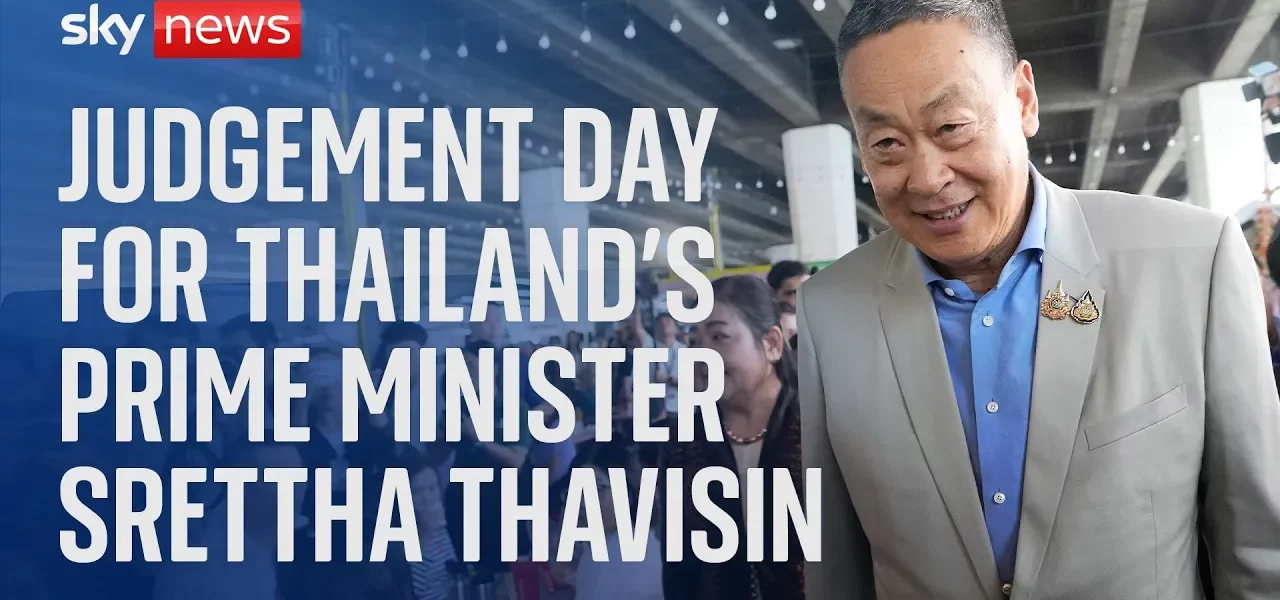The Constitutional Provisions Regarding the Method

This article delves into the complex legal framework and constitutional provisions surrounding the recent rulings by the Constitutional Court of Thailand regarding the Prime Minister’s position and the ethical standards expected from public officials. We explore the implications of these rulings and the necessary legal interpretations that guide governance in Thailand.
Introduction
The Constitutional provisions that govern the political landscape in Thailand are intricate and multifaceted. Recent rulings by the Constitutional Court have brought to light significant issues pertaining to the eligibility and ethical conduct of public officials, particularly concerning the Prime Minister. This article aims to dissect these provisions, particularly focusing on Sections 57, 82, 160, and 170 of the Constitution, and how they interplay with the ethical standards expected from ministers. Understanding these nuances is crucial for grasping the current political climate in Thailand.
Constitutional Court Rulings
The Constitutional Court has recently made pivotal decisions regarding the applications of various constitutional articles. These decisions revolve around the interpretation of Sections 57, 82, and the implications of Article 170. Below are the key points regarding these rulings:
- The court’s order not to accept requests to halt the duties of the Prime Minister was pivotal in upholding the current administration.
- Article 82, paragraph 2, provided the basis for evaluating the Prime Minister’s eligibility and the standards of conduct expected from high-ranking officials.
- The court’s analysis focused on whether the Prime Minister met the qualifications outlined in Section 160 and Section 170.
Ethical Standards in Governance
The ethical conduct of ministers is paramount in maintaining public trust and ensuring effective governance. The Constitution outlines several key ethical standards that all ministers must adhere to, as detailed in Sections 160 and 170. The following subsections elaborate on these ethical standards:
Qualifications and Prohibited Characteristics
Section 160 emphasizes that ministers must possess integrity and must not engage in conduct that undermines their role. Specifically:
- Ministers must demonstrate knowledge and good faith.
- They must not have any behavior that violates ethical standards or legal requirements.
Legal and Ethical Accountability
According to Section 170, a minister’s status can be terminated based on the failure to meet qualifications or ethical standards. The following points highlight the importance of ethical accountability:
- Ministers must prioritize national interests over personal gain.
- Actions that diminish the prestige of their office are strictly prohibited.
- Engagement with individuals known for illegal behavior is considered a violation of ethical conduct.
Implications of the Rulings
The implications of the Constitutional Court’s decisions are far-reaching and affect the governance structure in Thailand. The rulings set a precedent for evaluating the qualifications of political leaders and their adherence to ethical norms.
Impact on Public Trust
Maintaining public trust in government institutions is essential for democratic governance. The court’s decisions have several implications:
- They reinforce the necessity of ethical conduct among public officials.
- They aim to eliminate corruption and ensure that political leaders are held accountable for their actions.
Future Governance Challenges
As the political landscape evolves, the following challenges may arise:
- Ensuring compliance with ethical standards among new appointments.
- Addressing public concerns regarding the integrity of elected officials.
- Maintaining the independence of the Constitutional Court amid political pressures.
Conclusion
In conclusion, the recent rulings by the Constitutional Court on the provisions of the Constitution regarding the Prime Minister’s duties underscore the importance of ethical governance in Thailand. The standards set forth not only guide current officials but also shape the expectations for future leaders. It is crucial for citizens and stakeholders to remain engaged in discussions about governance and accountability. We encourage readers to explore related articles on constitutional law and governance to deepen their understanding of these vital issues.
“`




